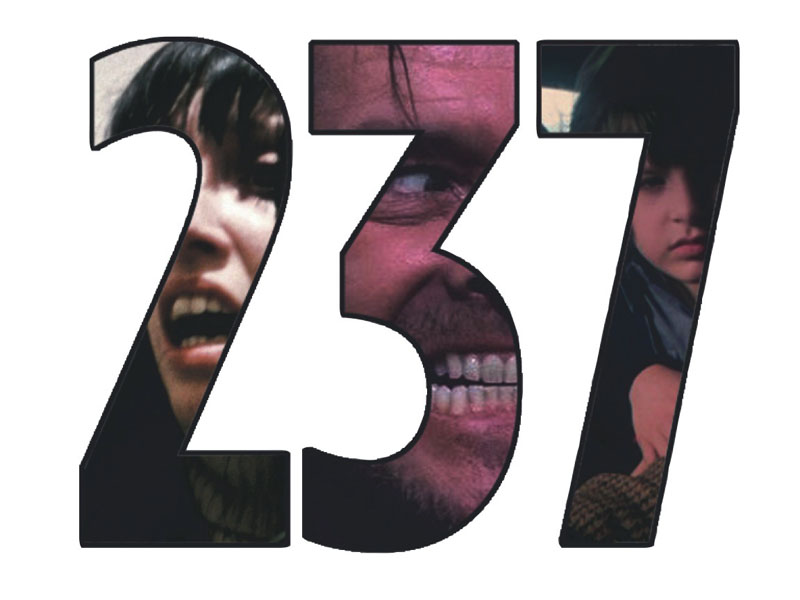Most of us would agree that Stanley Kubrick’s “The Shining” is a pretty scary flick. It was based, after all, on a book by Maine-based horror master Stephen King.
But what does it mean? The creepy hotel, the deranged caretaker, the maze — they must all be code for a much more complex message, right?
“People have so many theories about that movie, it’s like the JFK assassination,” said Anthony Kaufman, a Portland-based film critic who has written for the New York Times and the Chicago Tribune, and contributes regularly to Variety. “One guy’s theory is that it’s a metaphor for the genocide of American Indians; another is that it’s about Nazi Germany.”
In our media-driven society, there is a tendency to overanalyze songs, films, books and more. But Kubrick’s 1980 take on “The Shining” has spurred so many wacky theories about what it means and what it’s about, there’s a movie just about that.
Yes, a whole movie about what people think another movie might mean.
The film is called “Room 237,” and it’s headed for a Wednesday showing at Space Gallery in Portland, followed by a discussion moderated by Kaufman.
The 104-minute film by Los Angeles filmmaker Rodney Ascher features various folks talking about what they read into the 1980 film, including those who promote the above-mentioned American Indian genocide theory and Nazi theories. The focus is on a variety of people — fans and scholars alike — analyzing a powerful piece of popular culture.
Ascher also used clips from “The Shining” in editing the film, and has said he wanted “Room 237” to have a “horror movie-influenced visual style.” It has played at several major film festivals, including Sundance and Cannes.
Starring Jack Nicholson and Shelley Duvall, “The Shining” was produced and directed by Kubrick, and set a standard for other psychological horror films that followed.
Based on a 1977 novel of the same name by King, the movie’s main character is a writer who takes a job as an off-season caretaker at an isolated hotel. His son is psychic and sees things others can’t, and eventually the caretaker becomes insane and violent in a very cinematic way.
But the film’s story, at least on the surface, has nothing to do with Nazis or American Indians.
Ascher says he became obsessed with “The Shining” when he was a youngster and ran out of the theater after sitting through just 20 minutes of it. Over the years he’s re-watched it many times, and says it has a “sense of ambiguity and mystery” no matter how many times he watches it.
It was that observation that led him to make “Room 237” and to seek out people who found “The Shining” as mysterious as he does.
Kaufman hopes the film will make people who see it “active viewers” so they can add their own interpretations of Kubrick’s vision during the after-film discussion.
“As a film critic, I’d like people to view this film about a film in an active way, so we can really open up the discussion about the various interpretations of the film, and about whether we over-interpret films,” he said.
Kaufman poses an interesting question. Like all questions about pop culture, however, there is probably no concrete answer.
It’s open to interpretation.
Staff Writer Ray Routhier can be contacted at 791-6454 or at:
rrouthier@pressherald.com
Twitter: RayRouthier
Send questions/comments to the editors.



